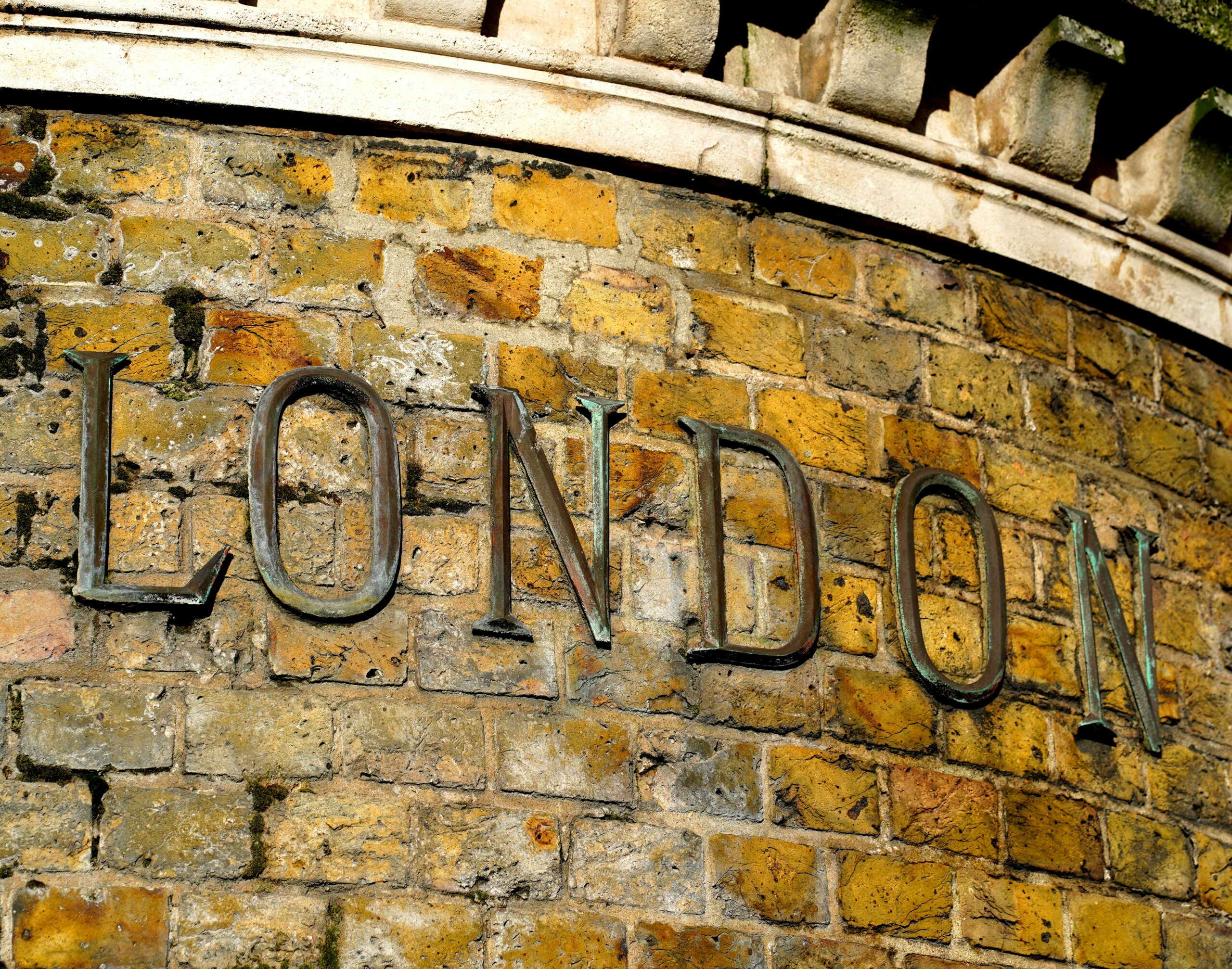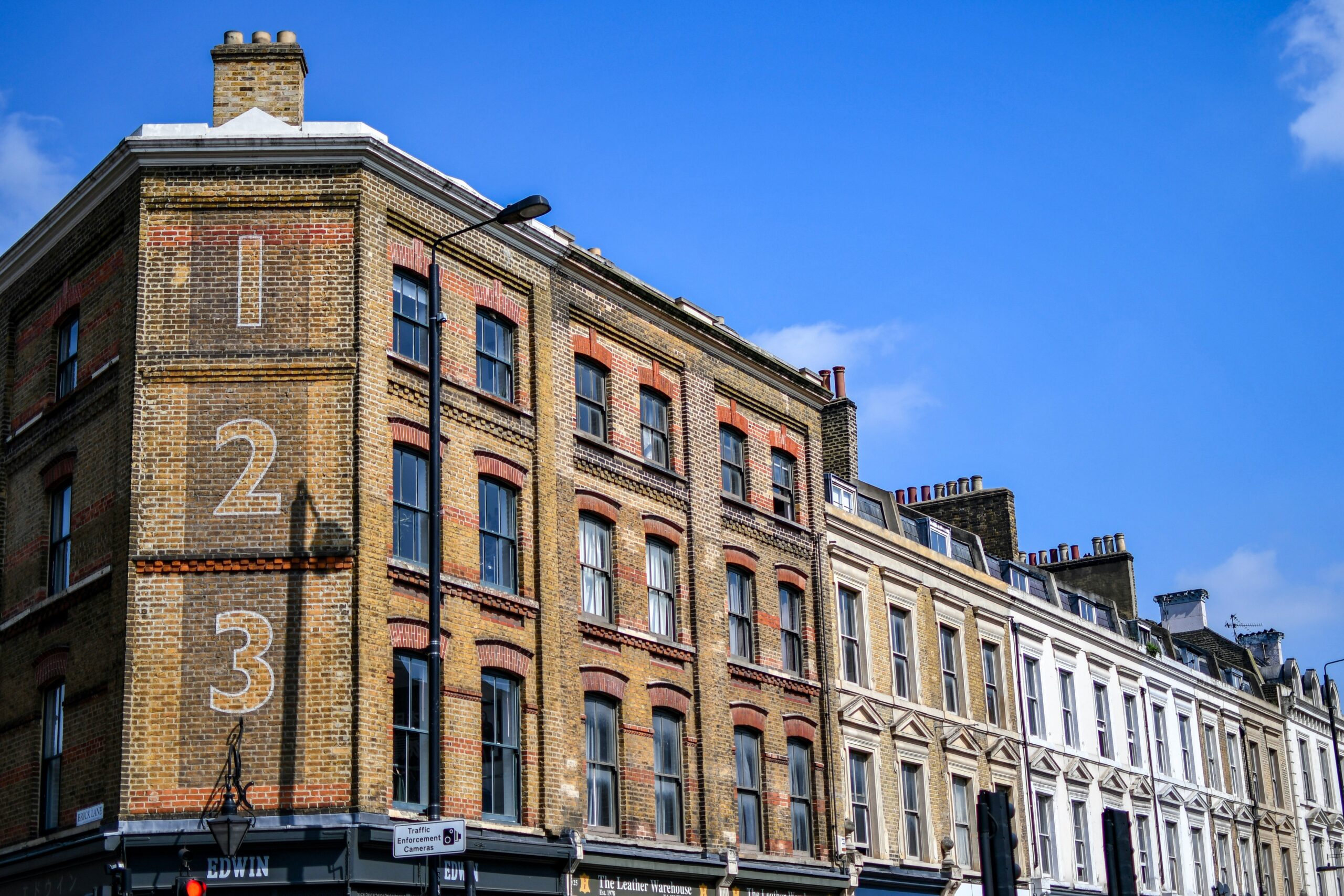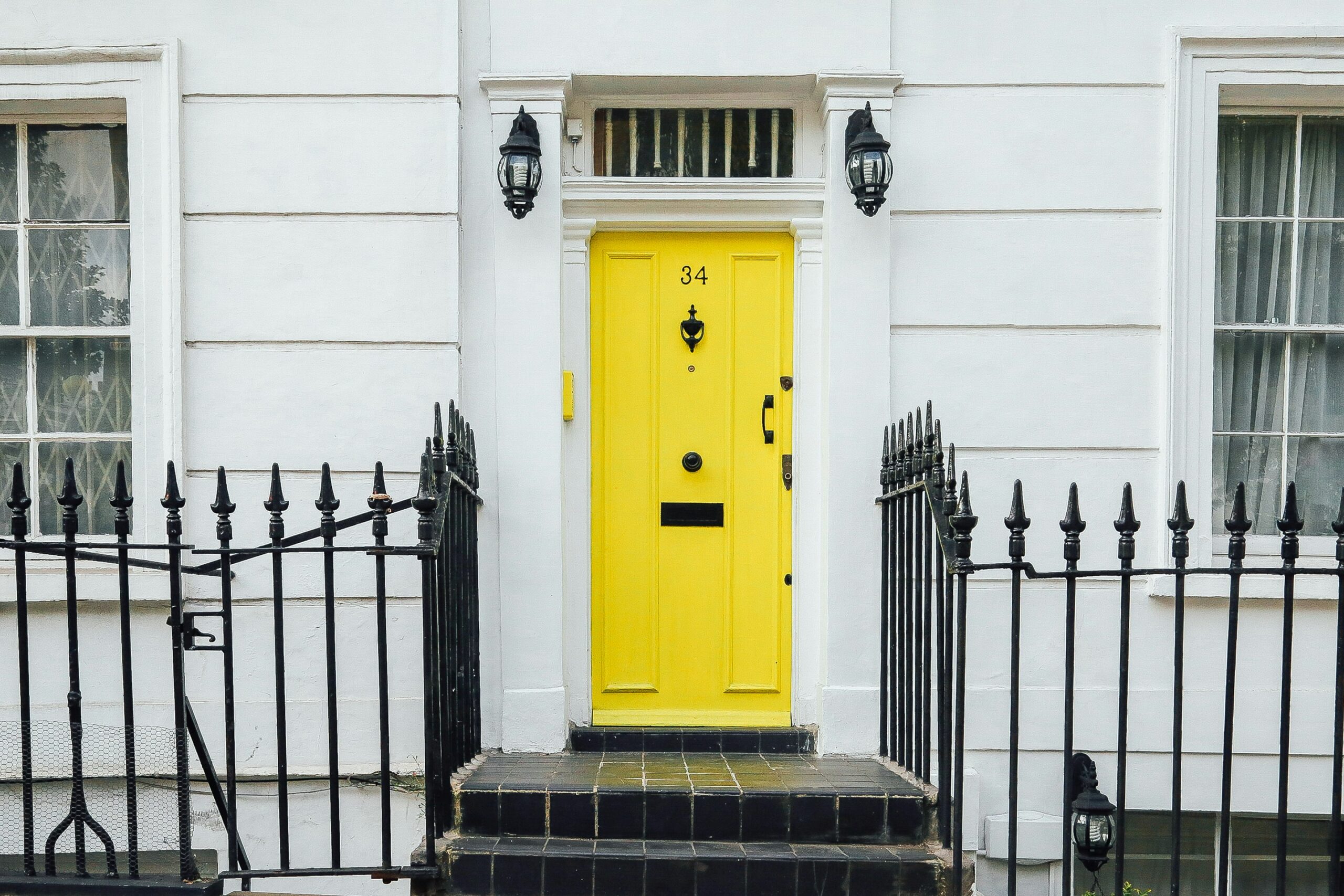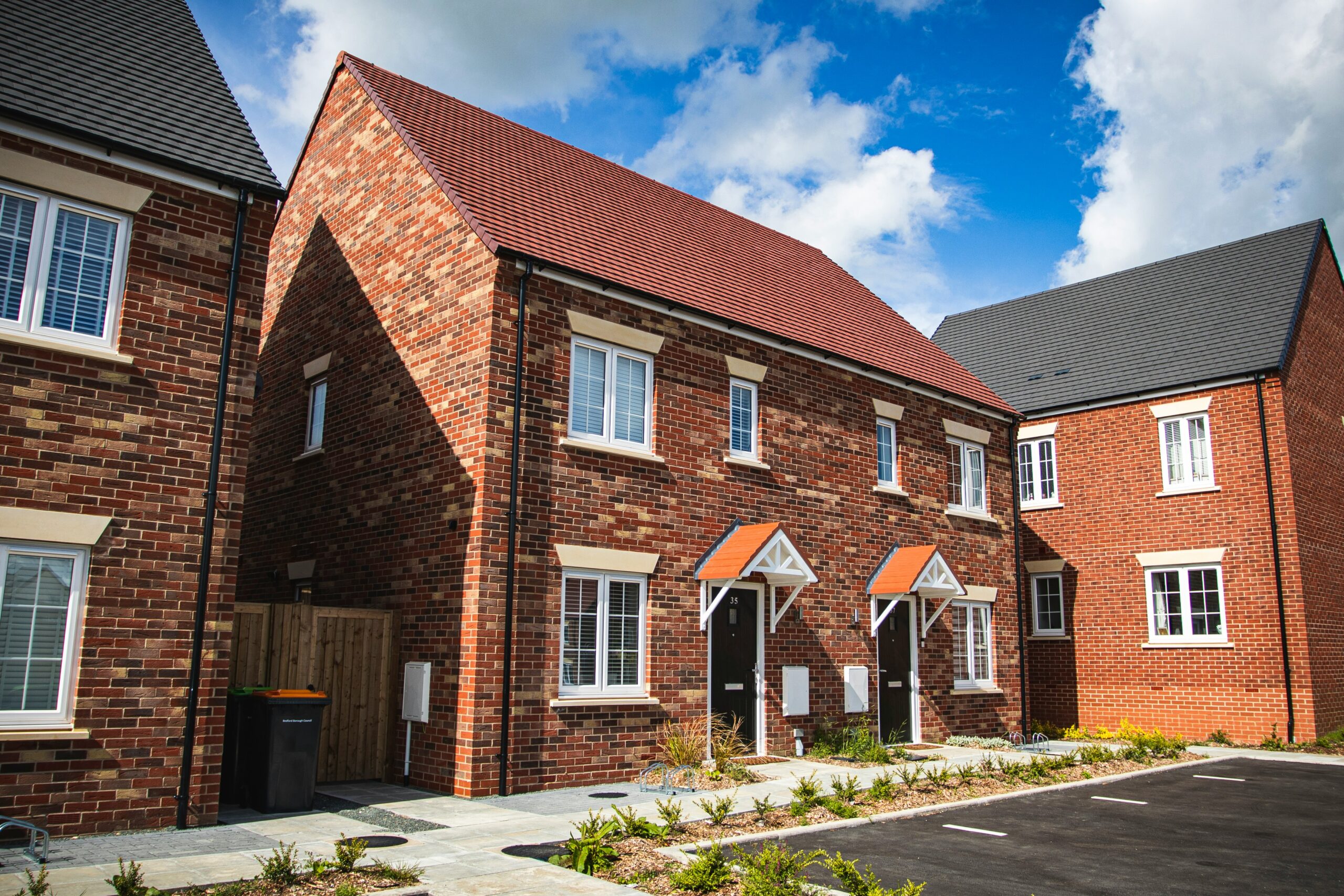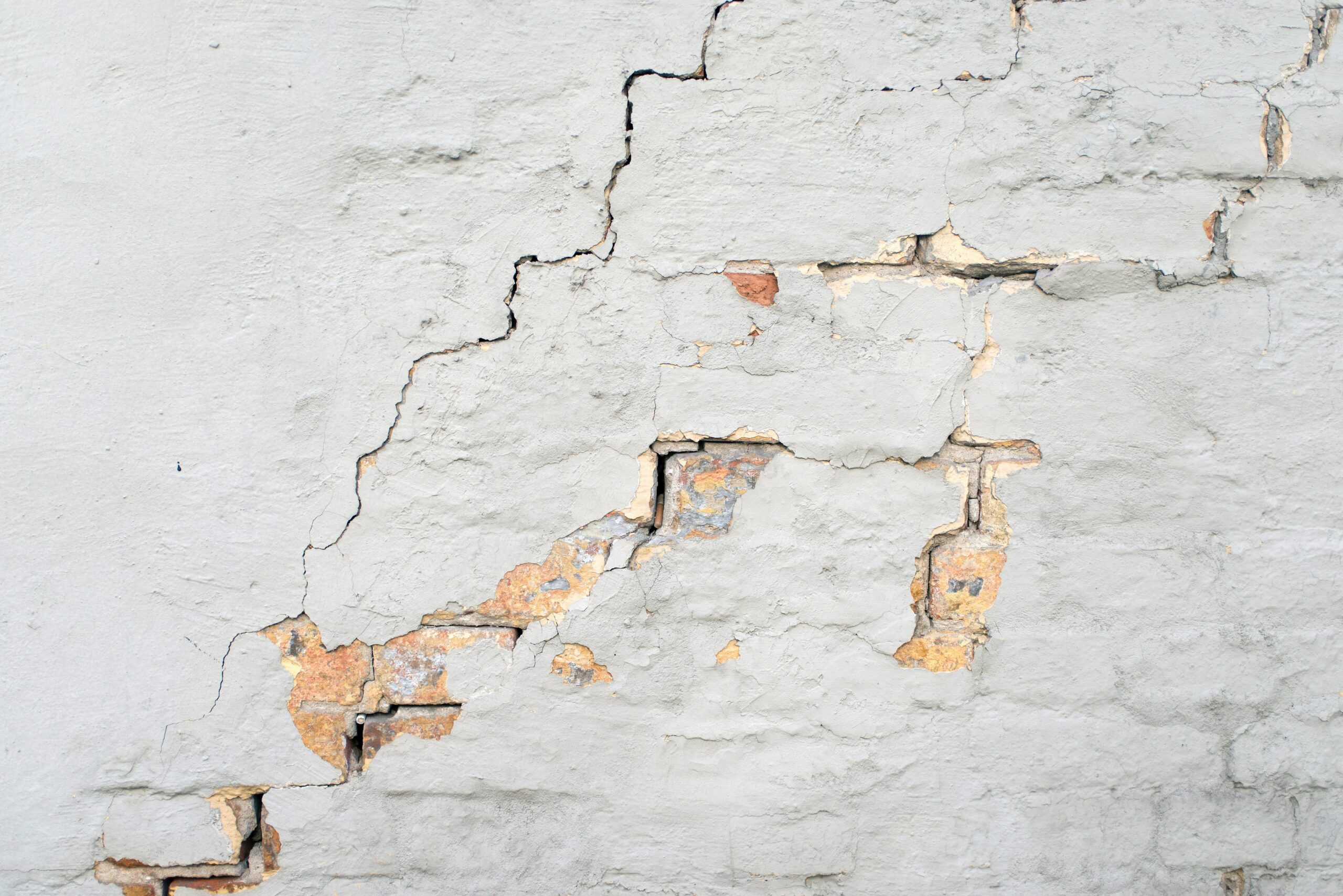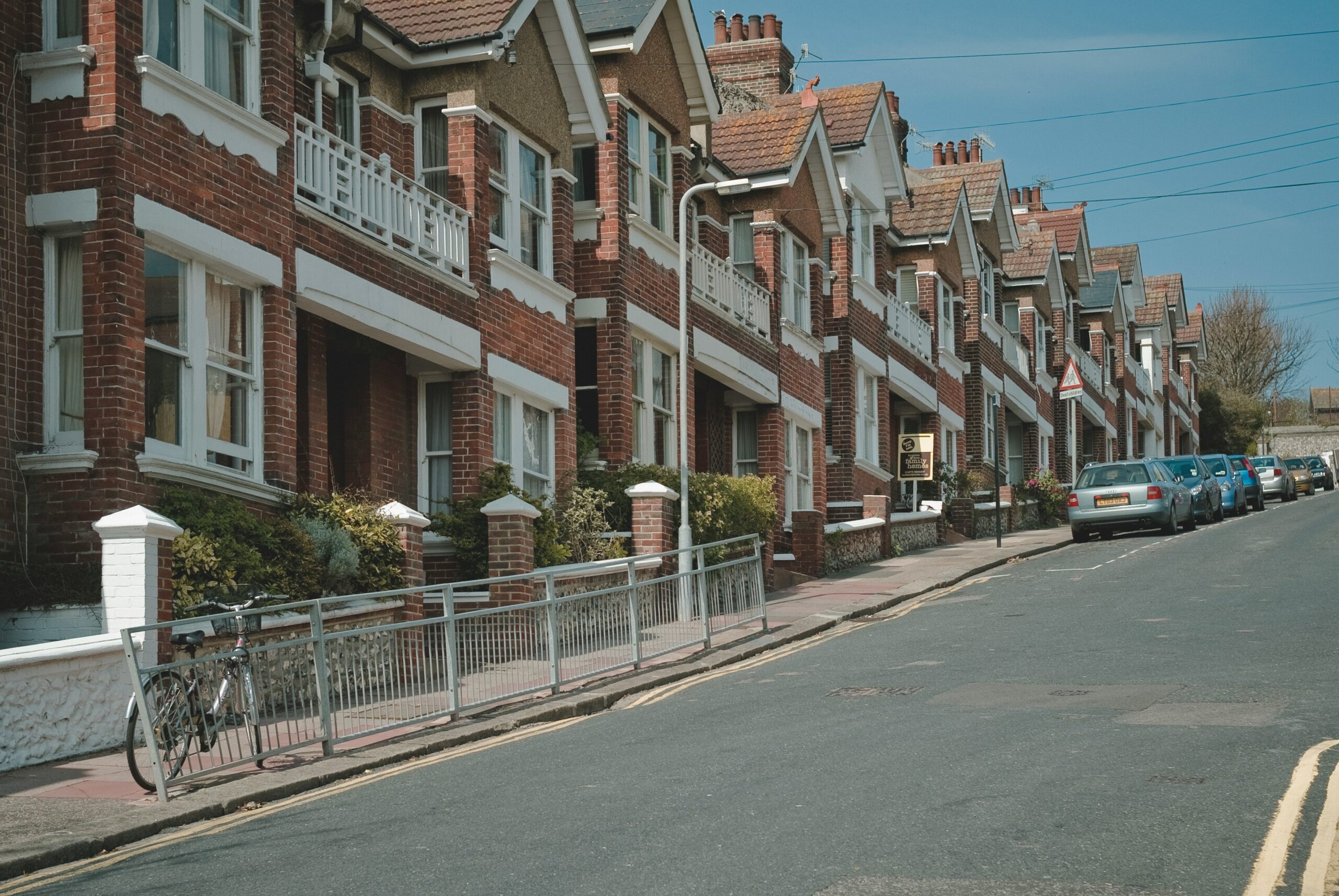London’s buy-to-let market remains one of the most competitive and potentially lucrative investment opportunities in the UK. However, with high property prices, complex leaseholds, and hidden structural issues in both modern and older buildings, purchasing a rental property in the capital comes with its fair share of risks. This is where a professional surveyor can prove invaluable. A detailed property survey helps investors make informed decisions, avoid costly surprises and secure the best rental yields. Here’s how a surveyor can assist you in finding the ideal buy-to-let property in London.
Identifying Structural Issues Before You Buy
London’s diverse housing stock includes period properties, previous council properties, and newly built apartments. While each type has its appeal, structural issues can be common, especially in older buildings. A surveyor will inspect the property for subsidence, damp, roof problems and hidden defects that could lead to expensive repairs. Investing in a structurally sound property saves you money in the long run and ensures your rental property remains attractive to tenants.
Assessing the Condition of Leasehold Flats
A significant portion of London’s property market consists of leasehold flats. Understanding lease terms, ground rents and service charges is essential for buy-to-let investors. A surveyor will assess the condition of shared areas, check for upcoming maintenance costs, and review lease agreements to highlight any restrictions that might impact your rental income.
Ensuring Compliance with Safety Regulations
Landlords in London must comply with various safety regulations, including electrical and gas safety, fire safety requirements and energy efficiency standards. A surveyor will identify potential hazards and advise on necessary upgrades to ensure compliance. This is particularly important for Houses in Multiple Occupation (HMOs), where regulations are stricter.
Evaluating Rental Yield Potential
A surveyor can provide insights into the local rental market, helping you choose properties in high-demand areas. They assess factors like transport links, proximity to amenities, and overall property condition to determine whether the property is likely to attract tenants and achieve strong rental yields.
Spotting Hidden Costs
Beyond the purchase price, many hidden costs can affect the profitability of a buy-to-let investment. A surveyor will highlight potential repair costs, service charge increases or necessary building works that could impact your returns. Understanding these costs upfront allows you to budget effectively and avoid unexpected financial burdens.
Providing Expert Negotiation Leverage
If a survey uncovers issues that require attention, you can use this information to renegotiate the asking price with the seller. A detailed survey report gives you the evidence needed to request a discount or ask for necessary repairs before finalising the purchase.
Recommending Renovation or Conversion Potential
Some properties may offer the potential for improvements or conversions to increase rental income. A surveyor can advise on the feasibility of adding an extra bedroom, converting a loft, or making energy-efficient upgrades that could enhance the property’s value and rental appeal.
A buy-to-let property in London can be a profitable investment, but only if you make the right purchase decisions. By hiring a professional surveyor, you gain expert insight into the property’s condition, potential risks, and long-term profitability. Whether you’re a first-time landlord or expanding your portfolio, a surveyor’s expertise ensures that you invest wisely and secure a rental property that delivers strong returns.
If you’re considering a buy-to-let purchase in London, contact our trusted home surveyors to help you make a well-informed decision and avoid costly mistakes. Get in touch with our team, today.





